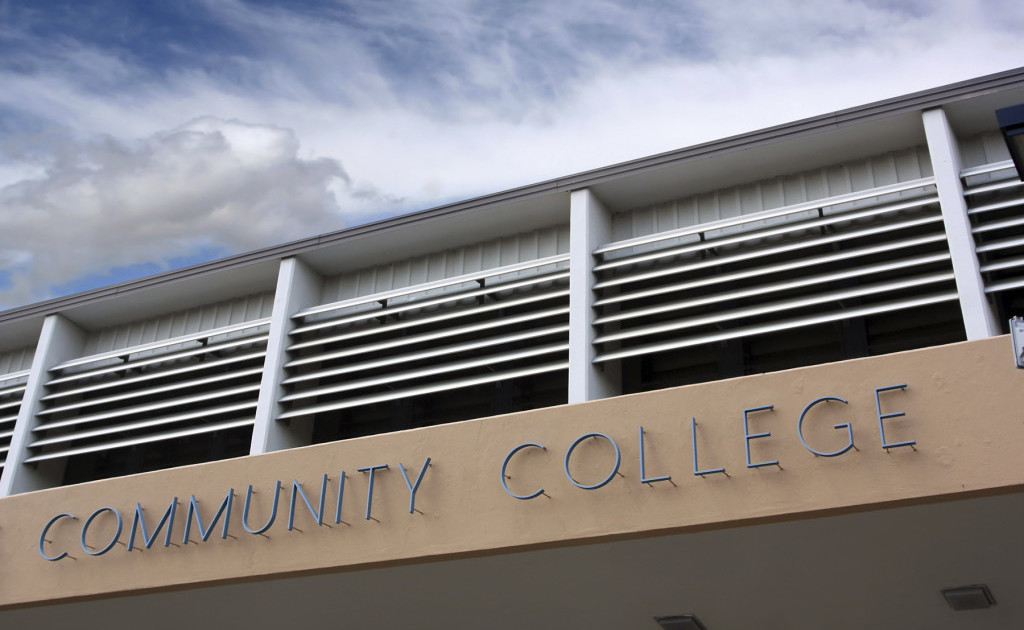For Immediate Release
February 24, 2015
Media contact:
Laurie Moore
Communications Manager, Epicenter
(650) 561-6113
llhmoore@stanford.edu
123 U.S. Students Named University Innovation Fellows by NSF-Funded Epicenter
(February 24, 2015) — 123 students from 51 U.S. higher education institutions have been named University Innovation Fellows by the National Center for Engineering Pathways to Innovation (Epicenter).
The University Innovation Fellows program empowers students to become agents of change at their schools. The Fellows are a national community of students in engineering and related fields who work to ensure that their peers gain the knowledge, skills and attitudes required to compete in the economy of the future. To accomplish this, the Fellows advocate for lasting institutional change and create opportunities for students to engage with entrepreneurship, innovation, creativity, design thinking and venture creation at their schools.
This new cohort of Fellows brings the total number to 291 Fellows from 114 schools. The program is run by Epicenter, which is funded by the National Science Foundation and directed by Stanford University and VentureWell (formerly NCIIA).
“In today’s competitive economy, it is critical for all students to learn an entrepreneurial mindset, which helps them learn to be resilient, creative and empathetic,” said Humera Fasihuddin, co-leader of the University Innovation Fellows program. “Students need to leave school better prepared to tackle our world’s big problems and create new and fulfilling jobs for themselves and others.”
“Our program provides a platform for Fellows to learn to be strategic thinkers, examine the landscape of learning opportunities at their schools, and formulate action plans to implement their ideas,” said Leticia Britos Cavagnaro, co-leader of the Fellows program and Deputy Director of Epicenter. “Fellows develop a community and share strategies about what’s working at their schools. Ultimately, these students, with their drive and motivation, are leading accelerated change in higher education.”
Individual Fellows as well as teams of Fellows are sponsored by faculty and administrators at their schools and selected through an application process twice annually. Following acceptance into the program, schools fund the students to go through six weeks of online training and travel to the University Innovation Fellows Annual Meetup in Silicon Valley. Throughout the year, they take part in events and conferences across the country and have opportunities to learn from one another, Epicenter mentors, and leaders in academia and industry.
Fellows have created design and maker spaces, founded entrepreneurship clubs and organizations, worked with faculty to design new courses, and hosted events and workshops. In the last academic year alone, Fellows created 553 activities, 22 new spaces and 65 innovation and entrepreneurship resources at their schools.
“Over the course of the program, we’ve seen Fellows have a powerful impact on student engagement and campus culture at a national scale,” Fasihuddin said. “Word of their success has attracted more than 50 institutions for this new cohort. We’re thrilled to see the impact of the new Fellows in the year ahead.”
The new Fellows gathered in Silicon Valley on February 20-22, 2015, for their annual meeting, where they took part in immersive experiences at Google and Stanford University. At the event, Fellows participated in experiential workshops and exercises focused on topics including movement building, student innovation spaces, design of learning experiences, and new models of change in higher education. They engaged with leaders in academia and industry from Google, Google for Entrepreneurs, Stanford University, and Citrix, among others. Additional information and photos from the event are available upon request.
Learn more about the University Innovation Fellows at http://epicenter.stanford.edu/university-innovation-fellows.
About Epicenter:
The National Center for Engineering Pathways to Innovation (Epicenter) is funded by the National Science Foundation and directed by Stanford University and VentureWell (formerly NCIIA). Epicenter’s mission is to empower U.S. undergraduate engineering students to bring their ideas to life for the benefit of our economy and society. To do this, Epicenter helps students combine their technical skills, their ability to develop innovative technologies that solve important problems, and an entrepreneurial mindset and skillset. Epicenter’s three core initiatives are the University Innovation Fellows program for undergraduate engineering students and their peers; the Pathways to Innovation Program for institutional teams of faculty and university leaders; and a research program that informs activities and contributes to national knowledge on entrepreneurship and engineering education. Learn more and get involved at epicenter.stanford.edu.
About Stanford University:
At Stanford University, the Epicenter collaboration is managed by the Stanford Technology Ventures Program (STVP), the entrepreneurship center in Stanford’s School of Engineering. STVP delivers courses and extracurricular programs to Stanford students, creates scholarly research on high-impact technology ventures, and produces a large and growing collection of online content and experiences for people around the world. Visit us online at stvp.stanford.edu.
About VentureWell:
VentureWell was founded in 1995 as the National Collegiate Inventors and Innovators Alliance (NCIIA) and rebranded in 2014 to underscore its impact as an education network that cultivates revolutionary ideas and promising inventions. A not-for-profit organization reaching more than 200 universities, VentureWell is the leader in funding, training, coaching and early investment that brings student innovations to market. Inventions created by VentureWell grantees are reaching millions of people in more than 50 countries and helping to solve some of our greatest 21st century challenges. Visit www.venturewell.org to learn how we inspire students, faculty and investors to transform game-changing ideas into solutions for people and the planet.


